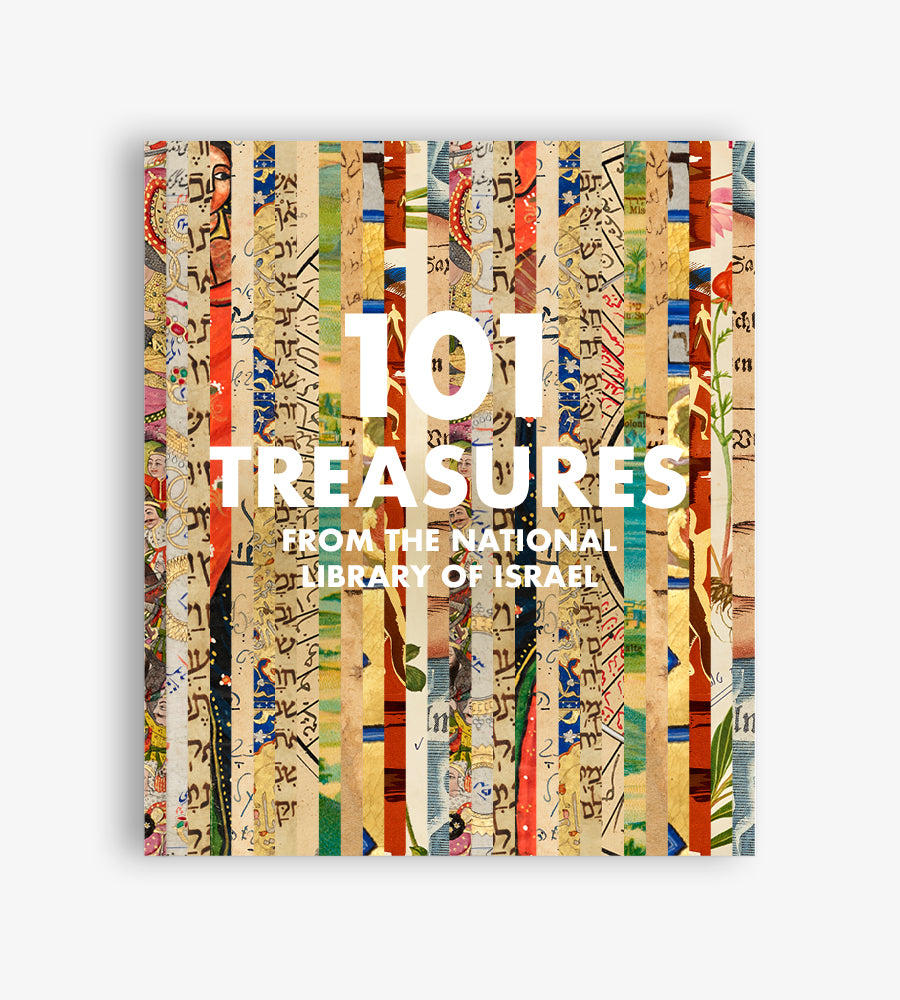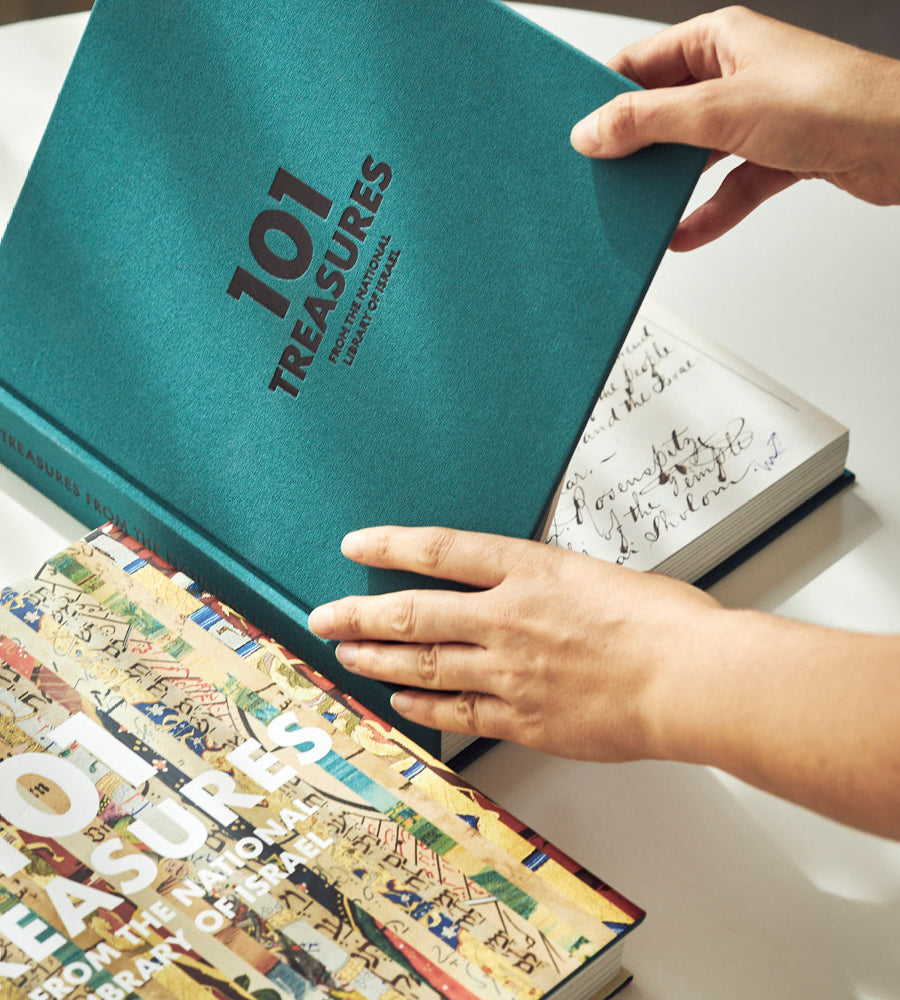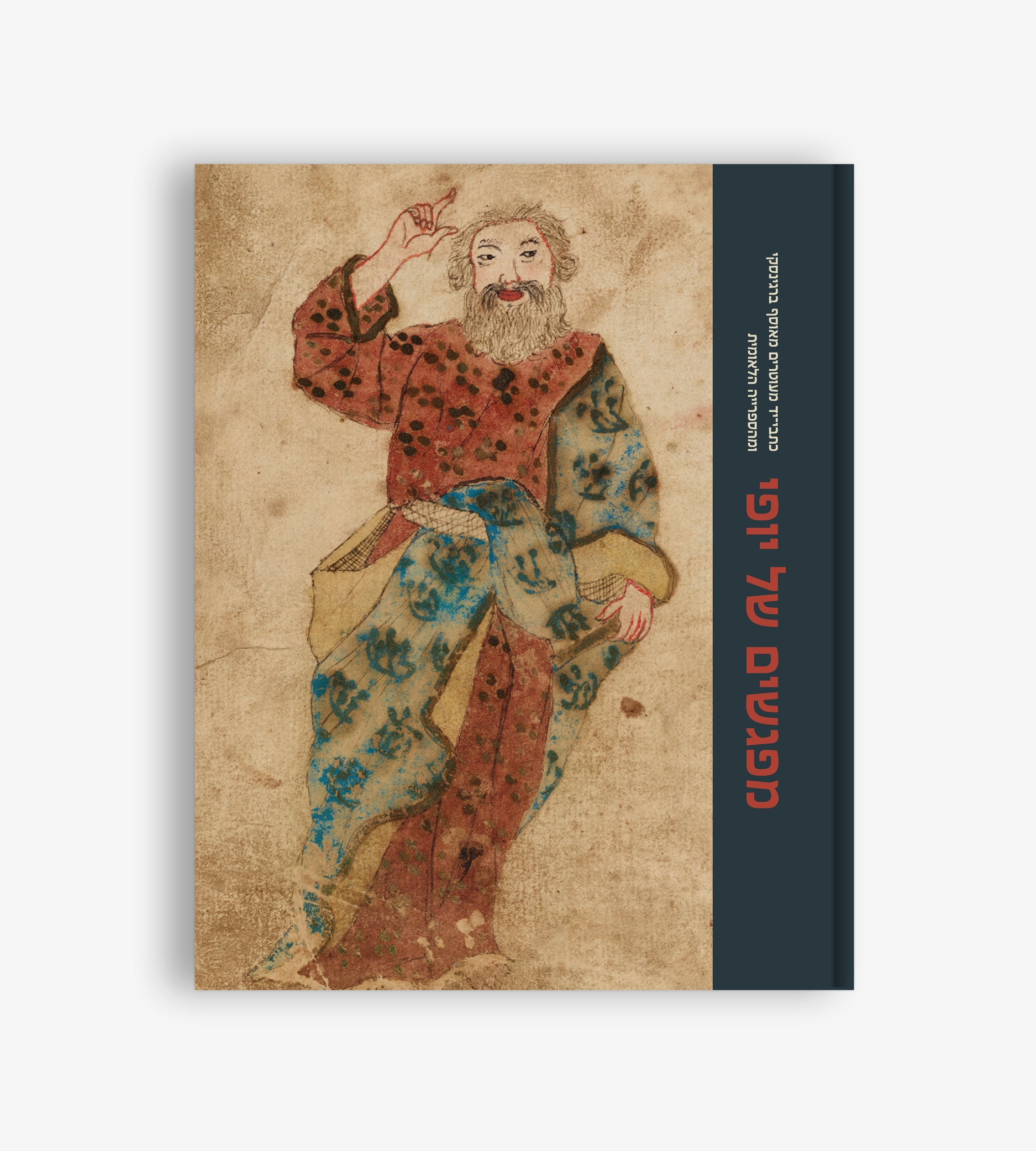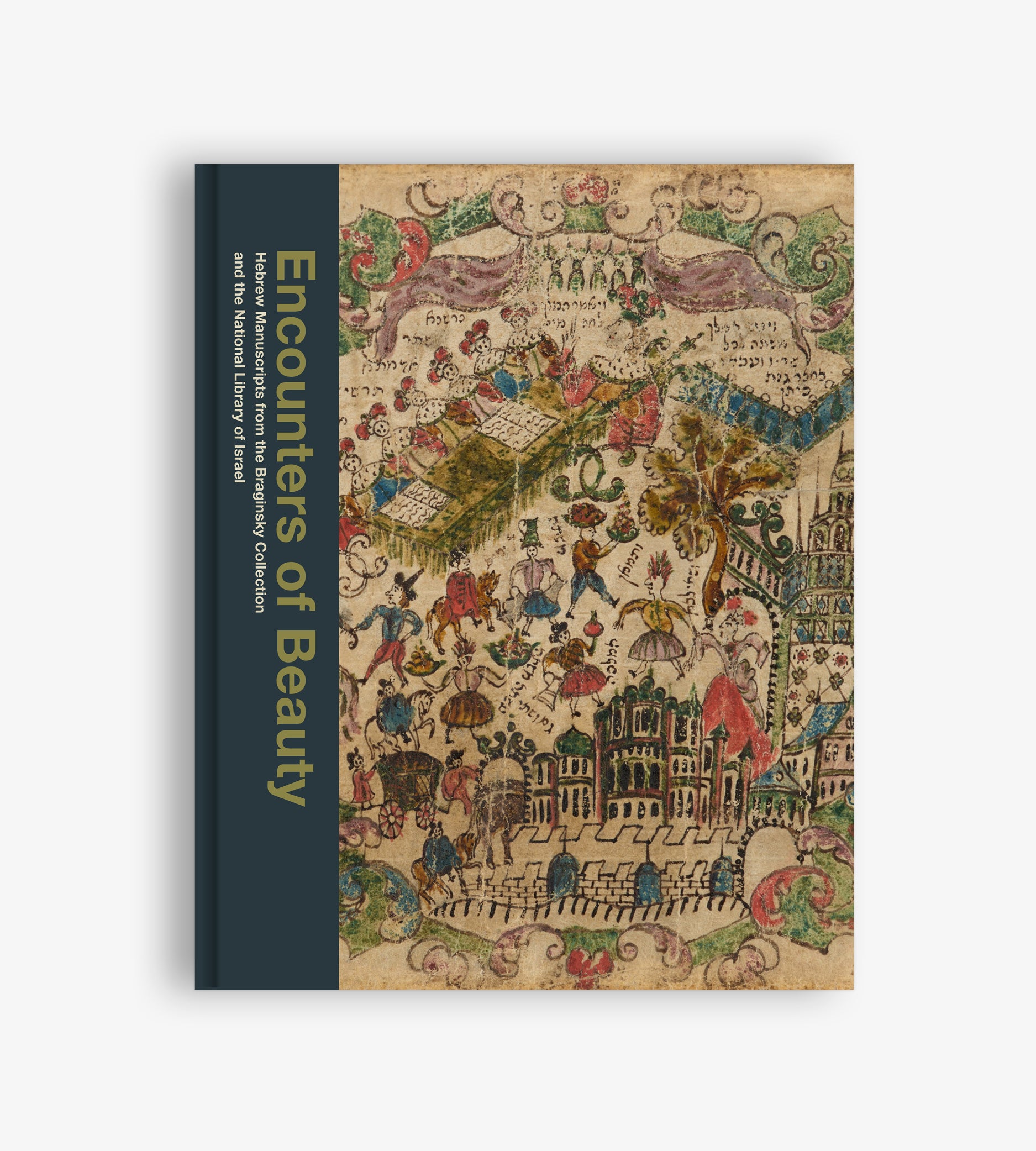Article: Discovering the Origins of Jewish Music
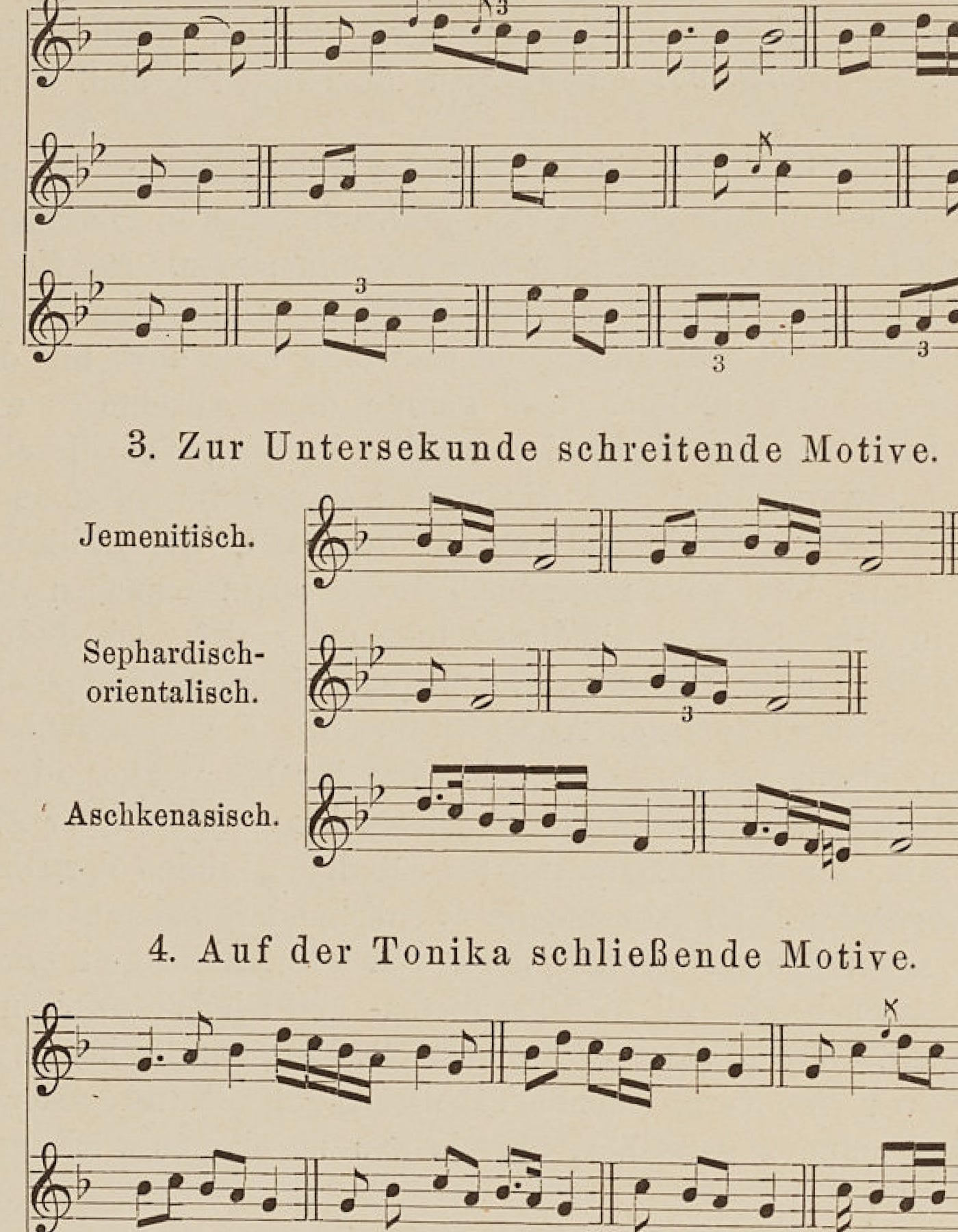
Discovering the Origins of Jewish Music
Gila Flam

Abraham Zvi Idelsohn (1882–1938), a pioneer of Jewish music research and the modern Hebrew song, was born in Russian Latvia. Having received a traditional Jewish education and musical training as a cantor in Russia and Germany, he immigrated to Palestine at the beginning of the twentieth century in search of the origins of Jewish music. He believed that the essence of Jewish music remained intact in the musical traditions of the “Orient” among the Jews of Yemen, Morocco, Iraq, Persia, and the Eastern Sephardim, who, allegedly, had not been exposed to the peoples of Europe. This ambitious project resulted in the most extensive and pioneering collection of Jewish oral traditions, transcribed in Western notation and published between 1914 and 1933 in ten volumes and in three languages – The Thesaurus of Hebrew Oriental Melodies. He managed to record some of the music on wax cylinders, using the most advanced technology of the time, the phonograph. Idelsohn’s work in Palestine also resulted in the composition of dozens of new songs based on Hebrew texts, referred to by Idelsohn as “folksongs” and published in his 1912 Sefer HaShirim (Book of Songs). While clear traits of the Orient might be expected in these melodies, a closer look reveals typical Ashkenazi European and Western characteristics.
Idelsohn’s research project was the first of its kind and remains the largest in variety and scope to date. To his wide music ethnography, Idelsohn added extensive cultural and historical accounts of the Jewish groups whose music he documented. For example, the first volume (1914), dedicated to the music of Yemenite Jewry, includes a fifty-page introductory essay on their history, language, pronunciation, poetry, and music.
The conception of music as organic to time and place, to layers of history, language, and religious belief, despite its abstractness, is inherent in Idelsohn’s ethnomusicological work and continues to inspire contemporary musicologists.


